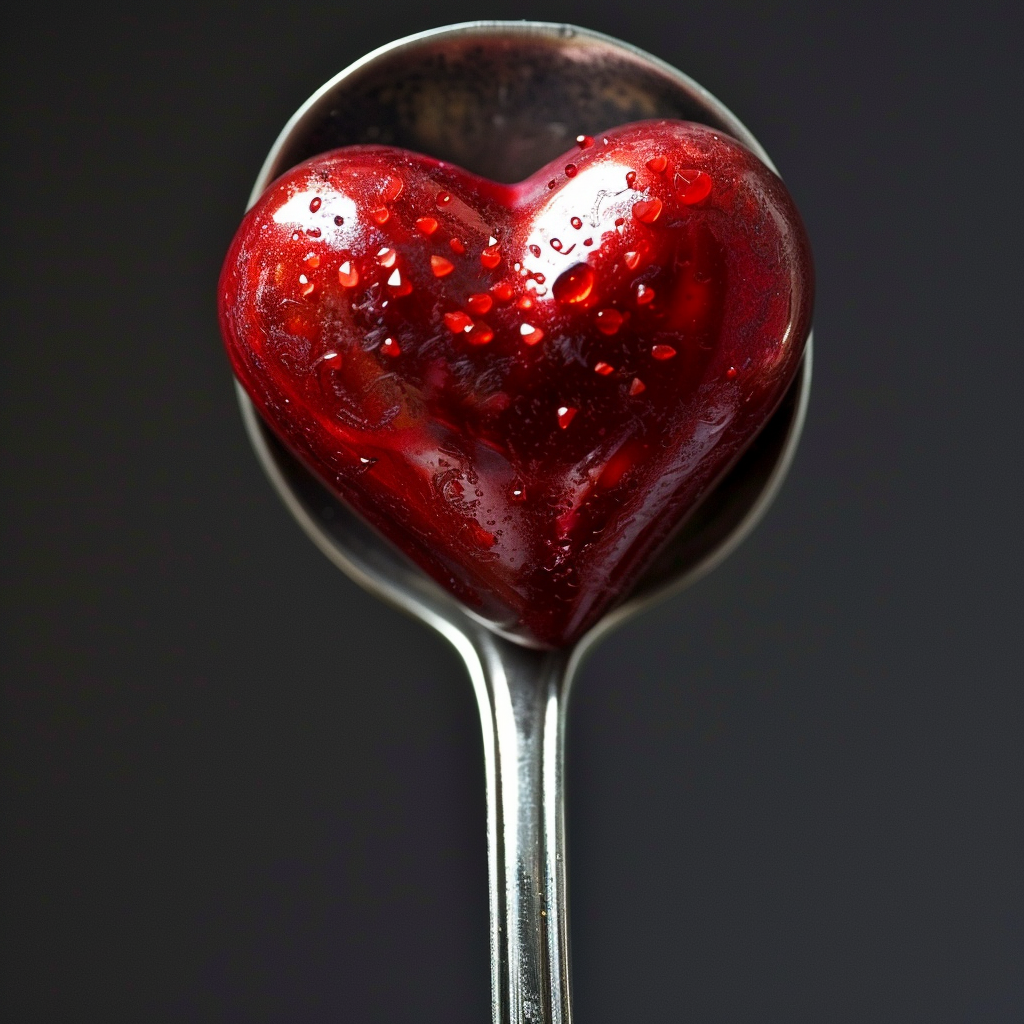This article is written, not for experienced authors and self-publishers, but for those just dipping their toes into the water, so to speak. It was inspired by a couple of e-mails from readers of my latest novel, “The Stones of Silence“, which has been on sale for almost two weeks. I hated to rain on their parade, but they seemed to lack an understanding of just how much hard work goes into making a book successful. I thought it might be worthwhile to put up an article summarizing the issue.
I’m sure some of you have seen the very funny commercial about an alleged Japanese method of fast-frying shrimp.
Trouble is, some new entrants into the book-writing and -publishing business think that their ambitions can be realized in a very similar fashion. Just set up everything, add pre-set ingredients according to some arcane recipe, strike a spark, and voila! It’s done!
Of course, those of us who’ve been “in the trade” for a while realize that’s not the case. Catching or buying the food (or, in our case, writing the book) is not even half the work. There’s also:
- critiquing it through alpha and beta readers;
- editing, correcting and improving it;
- preparing a final draft for publication;
- formatting and setting up the draft to look good in different formats (e.g. e-book, printed copy, etc.);
- getting the finished product to the public via vendors (e.g. Amazon, the Apple Store, Kobo, and other outlets);
- marketing and publicizing it;
- fixing the errors that we (inevitably) failed to notice before it was published;
- and all the rest.
Having done all that, we then do it all over again for the next one! It may get quicker with practice, but we dare not let our attention slacken for a moment. As soon as we do, errors creep in, and we have to hurriedly reverse course to fix them (sometimes only at the cost of embarrassment, other times at financial cost too).
I’d like to encourage new writers to enjoy what they’re doing, and not get bogged down: but realize, too, that you will have to tackle all of those steps before you can even hope to achieve success. It’s not enough, in today’s market, to just write the book. That’s probably less than half the work involved in making it a success.
Food for thought, that. If you aren’t prepared to put in the work, you might want to reconsider publishing your book.





19 responses to “Writing books is not like frying shrimp”
I second this. When everything goes well, I can produce a 70,000 word fiction manuscript in a month or so. Revising, typo hunting, cover art hunting, formatting? Easily another month. And much more frustrating.
C4c
*click*
Dang, I know there’s going to be work. I just hoped it wouldn’t be that much!
On a sort-of related note, is anybody willing to let me bounce a blurb off them? It’s stuck at about half the length it needs to be, and I have no idea how to improve it despite reading the MGC blurb posts. YA novel of about 60K words, which I would elevator-pitch as “Fallout with magic meets Little House on the Prairie” if I had to actually talk to somebody about it. 🙂
Willing to trade? I’ve also got one that I’m trying to improve.
Absolutely! Send it my way at aggrokitty at the mail of Google.
On its way. Hopefully I don’t fall into your spam filter!
It’s totally like frying shrimp, if you have an industrial shrimp frying process that you are trying to make work or improve. 🙂
It is more like preparing a Thanksgiving or Christmas Dinner. Yes, the ingredients are there, but they have to be timed to come out right and if you’re making gravey out of the Turkey juice you have to get the turkey done early enough and there’s always ONE ingredient that you could have SWORN you had that you have to improvise around because it has inexplicably vanished (sometimes it re-appears… sometimes it doesn’t.) And that’s just the cooking part there’s also the ‘figuring out when the family can all show up at the same time and who’s doing which holiday with which set of grandparents.
With my writing I’ve currently made the mashed potatoes. We’ll see how the Lamb Roast goes on this project. The stuffing may be iffy and we’ll see if I have enough dishes (editing, cover, etc) when I get the meal made.
At least with the writing, you can toss the turkey on the back burner for a month or six and still manage to salvage it sometimes.
So, ingredients:
1 manuscript
+
Peter’s list of semi-standard story publishing mix.
Mix thoroughly, bake until done.
Warning. Wooden toothpick testing may result in deflation or explosive decompression.
There is not ‘sposed to be WORK involved! Writing is PLAY, dammit!
Oh, writing is play. It’s publishing what you’ve written that’s work : – )
Or, as some of our friends in the military would put it: the reward for a hard job well done is an even harder job.
Reblogged this on Dealing With Your Muse and commented:
Peter speaks the truth. Actually writing a book takes FAR less time (and is, in my opinion, FAR easier) than getting feedback, revising, formatting, publishing, marketing, etc.
Case in point: it took me about two weeks to write the first draft of Lifeblood (and I could have done it in half the time if I hadn’t gotten a case of The Lazies) about 3/4 of the way through), and about two months to get it revised and cleaned up to the point where it was publishable.
Excerpts from a full recipe for shrimp-frying:
(1) Measure and cut six (6) good trees.
…
(43) Paint boat hull.
…
(80) Separate hempen fibers into three roughly equal stacks.
…
(137) Store remaining sailcloth as spare sailcloth.
…
(148) Knot strands regularly in a square grid to produce netting. A 3/4″ gap between knots will likely suffice, but local regulations on permissible shrimp net mesh sizes should be consulted before deciding the interval.
…
(170) Harvest peanuts. (For alternates to steps 157-170, see agricultural supplement IV, but peanut oil is recommended for deep frying.)
…
(292) Check local weather conditions.
…
(319) Place catch in storage (optional).
(320) Repeat steps (292)-(318) as required for larger shrimp fry batches. (Optional.)
…
Made me laugh. Reminded me of those essays about manufacturing pencils.
c4c